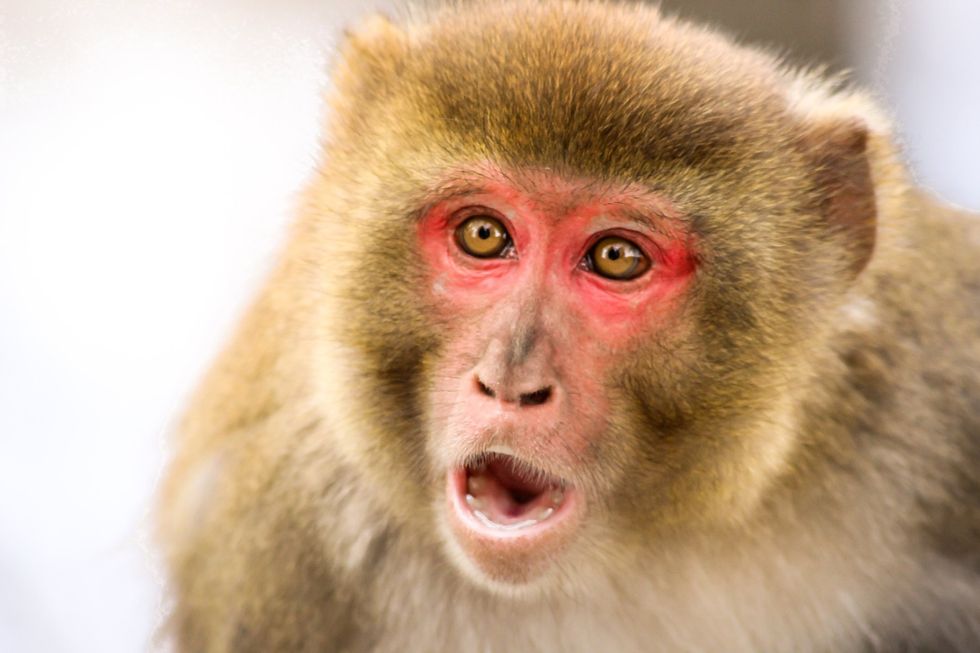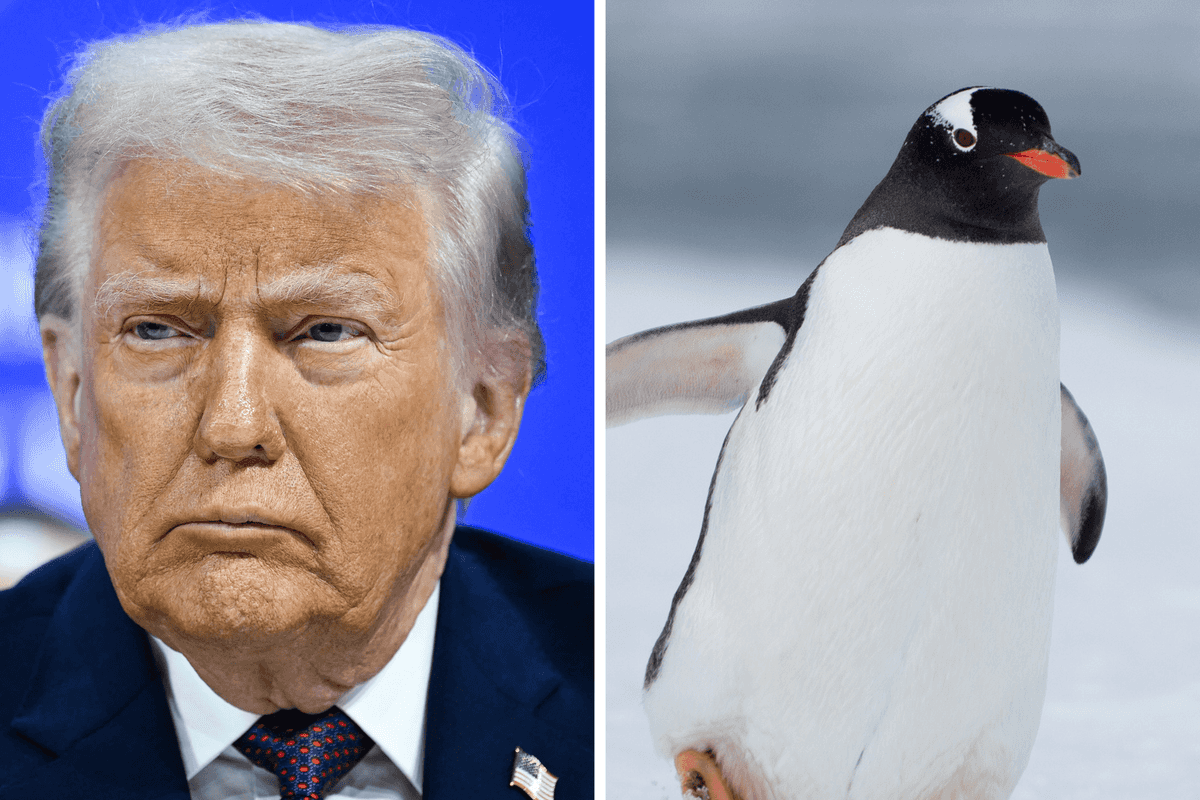Harry Fletcher
Mar 30, 2023
Naughty monkey refuses to let go of local’s head
content.jwplatform.com
Scientists in China conducted controversial research which involves the insertion of human brain development genes into the genomes of monkeys.
The primates in question were then tested in cognitive exams and their performance was compared to control subjects without the modification.
The research, which has been recirculating online after first being completed in 2019, was published in the National Science Review journal.
According to the authors of the study, the monkeys which had the human gene MCPH1 inserted into their brains performed better on the memory tests.
Sign up to our new free Indy100 weekly newsletter
The tests saw the monkeys shown certain colours and shapes on screen before being prompted to recall them.

MCPH1 was inserted into 11 rhesus monkeys. Only five of them survived long enough to take part in the tests.
The research was undertaken by the Chinese Academy of Sciences' Kunming Institute of Zoology in partnership with US scientists at the University of North Carolina.
The team wrote: “Remarkably, our preliminary cognitive test detected an improved short-term memory in the [transgenic] monkeys.”
They added: “Our findings demonstrated that transgenic nonhuman primates (excluding ape species) have the potential to provide important – and potentially unique – insights into basic questions of what actually makes humans unique as well as into disorders and clinically relevant phenotypes, such as neurodegenerative and social behavior disorders that are difficult to study by other means. But such gains must invariably be weighed against potential ethical concerns.”
The study was called out by members of the scientific community at the time, and criticised for its ethical implications.
Speaking to IFL Science, Jacqueline Glover, a University of Colorado bioethicist, said: "The first ethical issue concerns whether this research is scientifically sound enough to justify the use of animals.
“Are the research methods able to answer the questions that the scientists are asking – if not – that's the first hard stop."
Jim Sikela, also of the University of Colorado, said: "The second issue concerns whether it is appropriate to use monkeys in particular. Can this research be done with alternatives that do not involve risks to nonhuman primates?”
Have your say in our news democracy. Click the upvote icon at the top of the page to help raise this article through the indy100 rankings.
Top 100
The Conversation (0)














